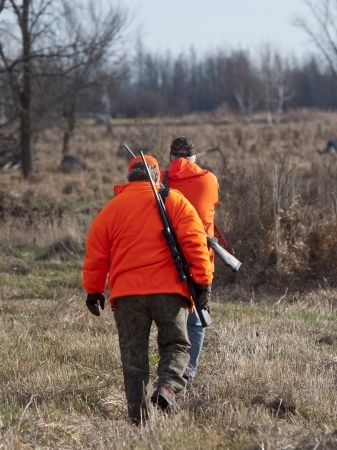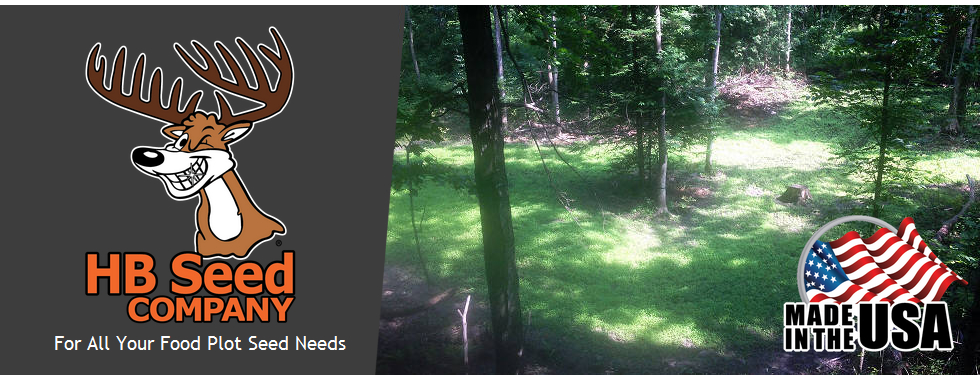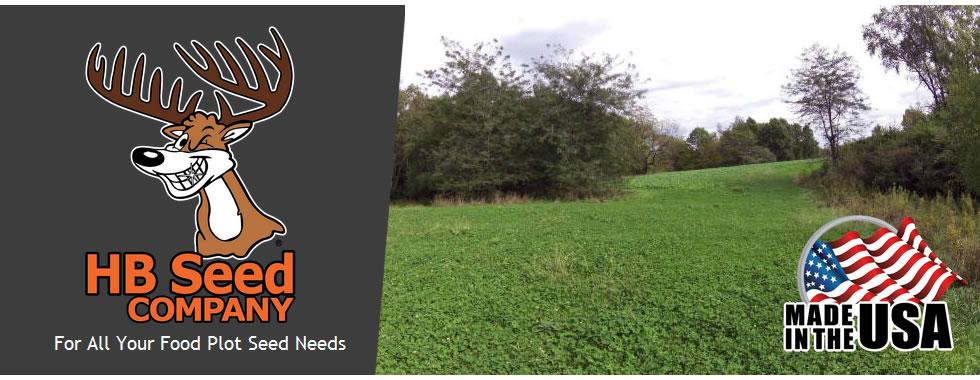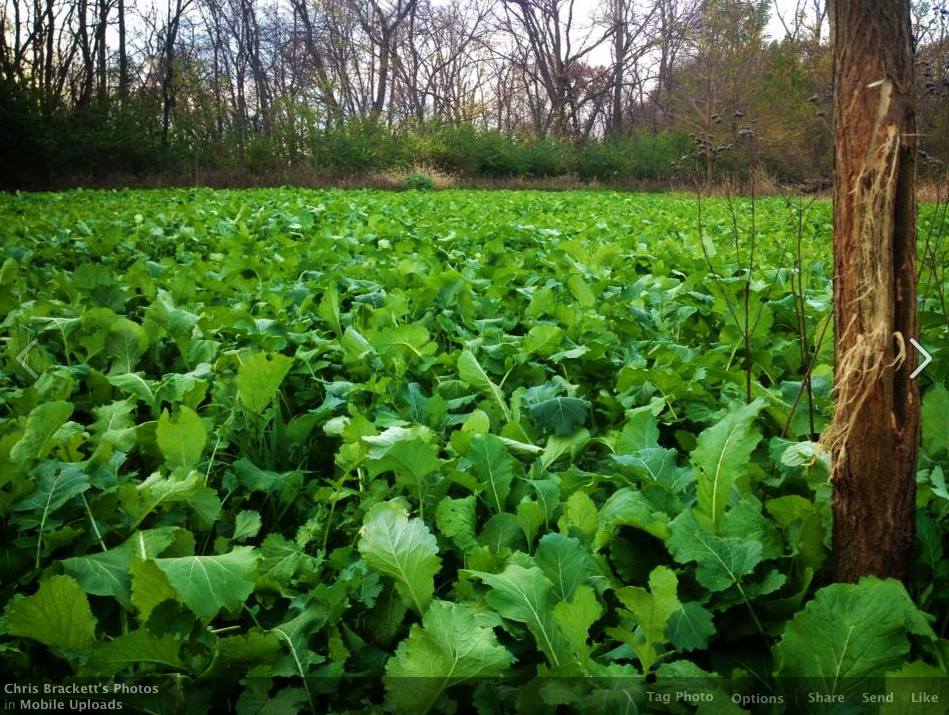
25215927 – deer hunters
Aim for a Healthy Hunt
By Amy Romandine Kratz, MD, Prevea Oconto Falls Health Center
Gun Safety
The Wisconsin Department of Natural Resources reminds of us of four basic tips: treat every firearm as if it is loaded, always point the muzzle in a safe direction, be certain of your target and what is beyond it, and keep your finger outside of the trigger guard until ready to shoot. You should be familiar with the firearm you are using and understand how the safety mechanism works. Leave the safety on until you are ready to fire; that little click you might get when a trophy buck is in front of you is worth preventing your gun from firing accidently.
Tree Stand Safety
Studies show avid hunters have a lifetime risk of 1-in-20 of being injured from falling from a tree stand. Always use a well-fitting, full body harness to prevent falls. Understand the manufacturer’s instructions of the equipment you are using and never alter climbing or safety equipment. Inspect your stand before the hunt starts, as damage from weathering can pose safety hazards. Use a rope or lift to get your unloaded gun or bow into the tree stand and never carry a loaded fire arm as you are ascending into your stand. A free 15 minute tree stand safety course can be found at www.huntercourse.com/treestandsafety. Always let others know where you are hunting and carry your cell phone or other communication device.
Hearing Protection
The shot of a rifle or shotgun is approximately 140 decibels or greater, which is the equivalent of standing next to a jet engine. Sounds at these levels can cause instant and permanent hearing loss. Making hearing protection a part of your gear, especially when at the shooting range can help prevent hearing loss. Don’t forget hearing protection for those that may be out in the stand with you.
Heart Health
For some hunters, the risk of a heart attack is greater than the risk of any of the things we have already talked about. The combination of epinephrine release when you see the big one, dragging your deer, and being alone in the woods can be a bad situation for an at-risk hunter. Talking to your doctor, knowing the signs of a heart attack, having a hunting buddy, learning CPR, and having a way to call 911 can all make the hunt safer.
A successful hunt takes some preparation. You wouldn’t shoot your gun or bow for the first time all year when you have your sights on the buck of a lifetime, so why wouldn’t you prepare the same way with your health?
 Dr. Amy Romandine Kratz is a primary care sports medicine physician at Prevea Oconto Falls Health Center in the Medical Services Building on the campus of HSHS St. Clare Memorial Hospital. She is also an avid deer hunter and was born and raised in Oconto Falls. http://www.prevea.com/Providers/Amy-Romandine-Kratz/
Dr. Amy Romandine Kratz is a primary care sports medicine physician at Prevea Oconto Falls Health Center in the Medical Services Building on the campus of HSHS St. Clare Memorial Hospital. She is also an avid deer hunter and was born and raised in Oconto Falls. http://www.prevea.com/Providers/Amy-Romandine-Kratz/




